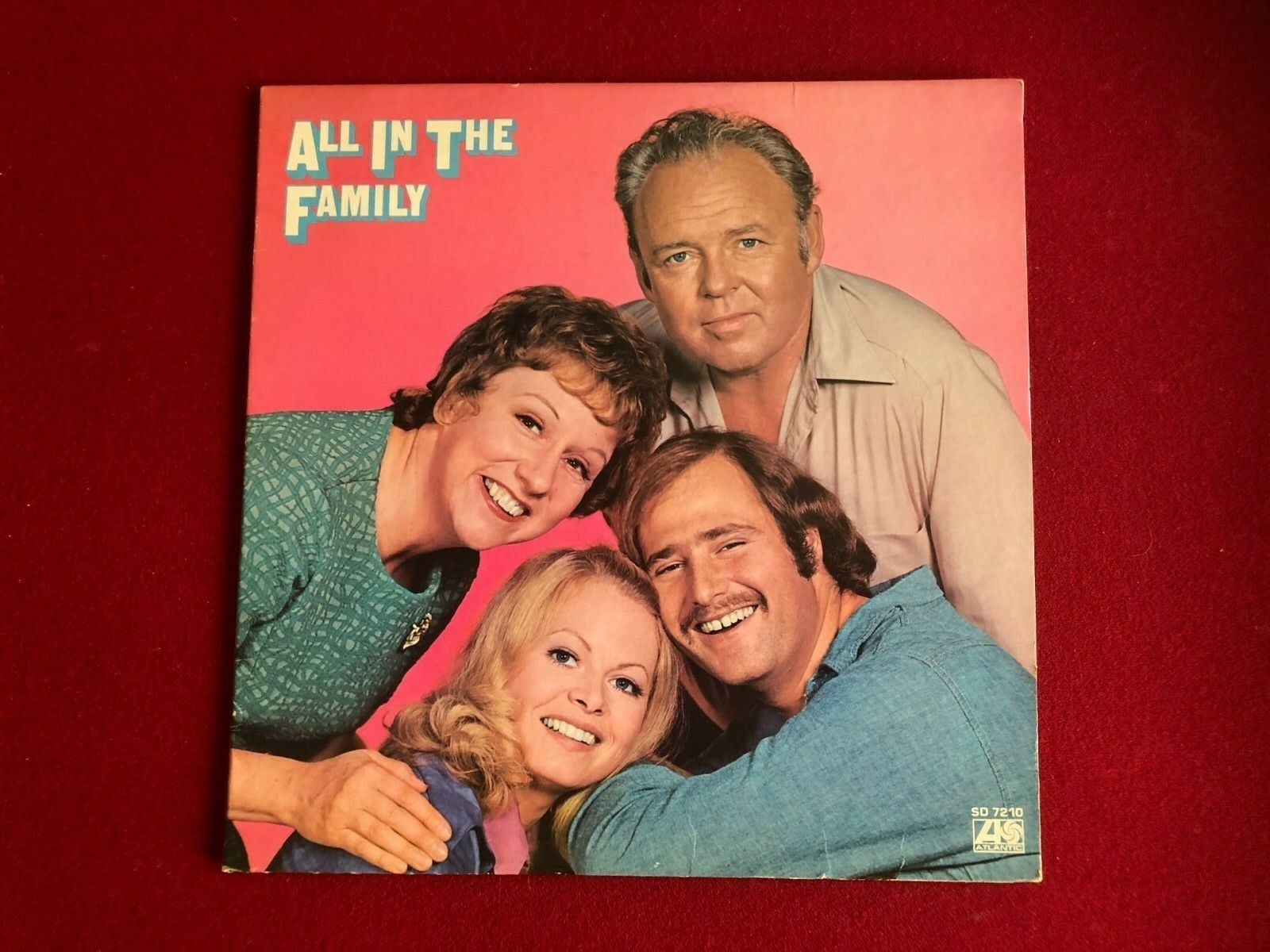
Introduction:
It’s rare that a television show can be credited with changing an entire industry. But All in the Family didn’t just change the sitcom – it changed television as a whole. Debuting in 1971, the show broke every conventional rule about what was acceptable for a TV comedy. With its daring approach to sensitive social issues, its unflinching portrayal of an imperfect, often controversial family, and its unapologetic humor, All in the Family revolutionized television forever.
For decades, TV sitcoms had been safe, family-friendly shows, filled with idealized depictions of American life. But when All in the Family came along, it shattered those conventions. The show wasn’t afraid to tackle racism, sexism, class struggles, and other hot-button topics that were rarely seen on television at the time. And it did so with an honest, often brutally uncomfortable approach that made viewers laugh, think, and reflect on their own views and prejudices. It wasn’t just entertainment – it was a social commentary wrapped in comedy.
The Innovative Format:
All in the Family didn’t just change the content of television – it changed the format. Traditionally, sitcoms focused on family life, with parents portrayed as wise, kind, and authoritative figures. But All in the Family turned this model on its head. Archie Bunker was not a wise, loving father. He was opinionated, bigoted, and often downright offensive. Yet, he wasn’t a villain. His character was crafted with such complexity that viewers didn’t just see him as a simple caricature. They saw him as a product of his time and environment – a man struggling to keep up with societal changes that were happening all around him.
The show’s dynamic between Archie and his family members was also unique. His wife, Edith, was the ever-patient caregiver, while his daughter Gloria and her husband Mike represented the younger, more liberal generation. This tension between Archie and Mike, in particular, highlighted the generational divide that was so pronounced during the 1970s.
Unapologetic Storytelling:
All in the Family was unapologetically bold in its approach to controversial topics. The show didn’t shy away from addressing issues like abortion, racism, homosexuality, and the Vietnam War – topics that were often considered too taboo for mainstream television at the time. The fact that it aired in prime time and was a major hit with audiences spoke volumes about the changing tastes and expectations of viewers.
In one notable episode, All in the Family addressed the issue of abortion, presenting a rare and frank
